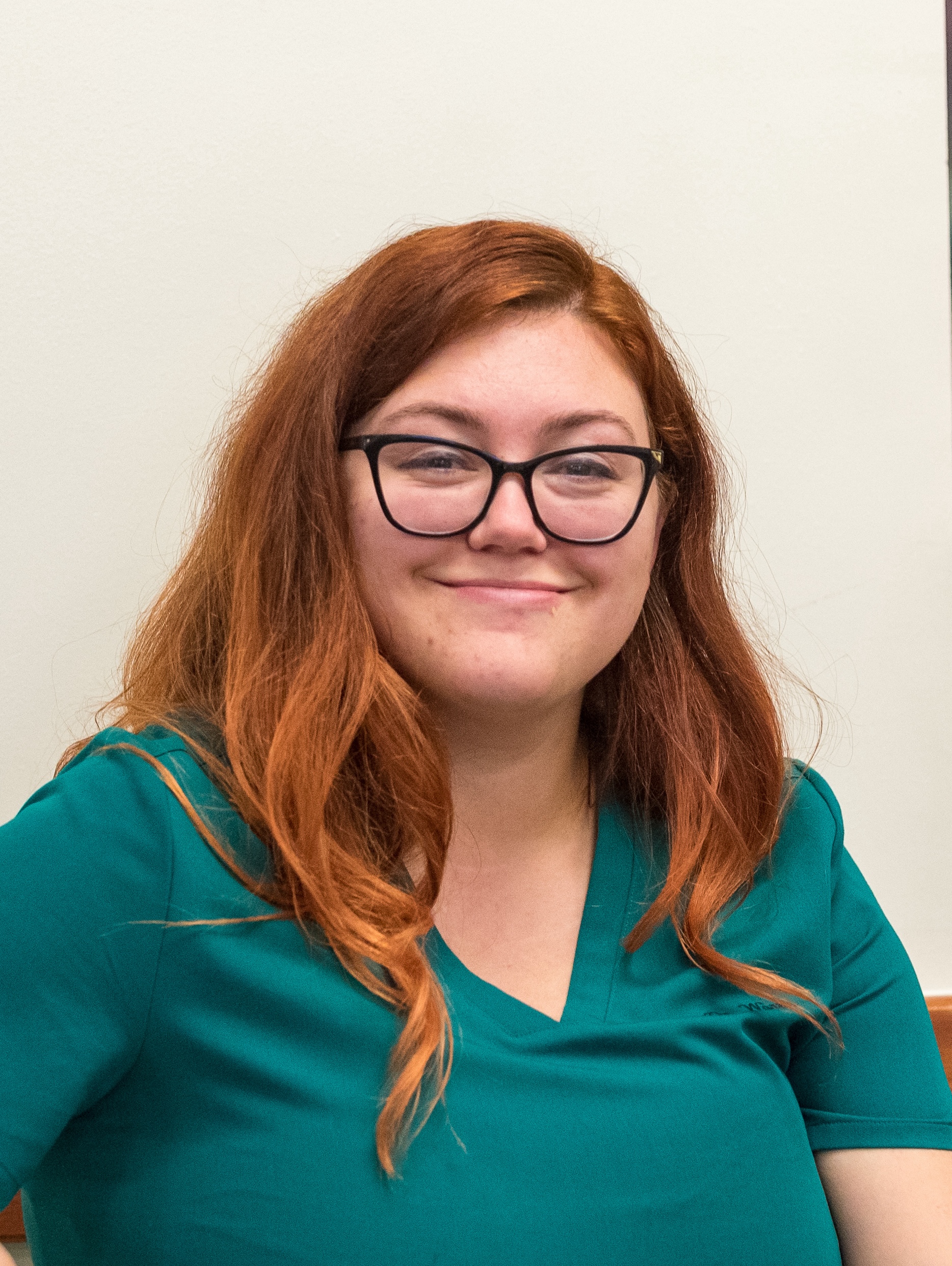Student Testimonials
Why study Bioethics & Medical Humanities at Tulane?
Earn your MS in Bioethics and Medical Humanities at Tulane University and immerse yourself in a world-class education at the intersection of medicine, ethics, and the humanities. In this interdisciplinary program, you’ll engage with expert faculty and collaborate with peers who are shaping the future of healthcare, philosophy, history, law, and the arts.
Located in New Orleans—home to nationally recognized hospitals and unique healthcare challenges—Tulane provides a distinctive environment to explore critical issues like healthcare inequity and policy reform. This program will refine your critical thinking, deepen your understanding of the physician-patient relationship, and equip you to drive meaningful change in patient care and healthcare systems.
Hear from our graduates about how this program has transformed their careers—watch our testimonial videos below.
Featured Testimonials
What Our Students Have to Say
Click the thumbnails below to watch their full testimonials on Youtube.
Why our students are drawn to this program
To explore the intersection of art & medicine
For personal growth
To understand the ethical & moral implications within medicine
To use narrative medicine to better communicate & connect with patients
To learn from strong mentors
Our Students Favorite Courses
Narrative in Medicine
This seminar explores the role of narrative in medicine, focusing on its use to address clinical uncertainty. Students will examine how narrative aids in clinical reasoning, medical education, ethics, public health policy, and daily practice.
Medical Humanities
Medical humanities uses disciplines like literature, ethics, and philosophy to explore the context and goals of medicine, aiming to make clinicians more compassionate and well-rounded. The course covers topics like medical boundaries, narrative in healthcare, and ethical issues.
Foundations in Bioethics
This course explores the theoretical foundations of bioethics, focusing on the nature of medicine, illness, and the physician/patient relationship. It also examines ethical frameworks in medical decision-making and their application to social justice issues.
Feminist Theory and Practice in Medicine
This course covers the history of feminism and its intersection with queerness, race, and gender, focusing on how identities unfold through intersectionality. Students will also apply feminist theory to their clinical experiences to enhance their understanding of medicine.
Studies in Bioethics through Film
This elective uses films and short videos to analyze bioethical issues, helping students identify and address conflicts through theoretical models. Topics include the edges of sickness, the healthcare system, justice and responsibility, and the right to die versus the right to kill.
The Doctor As Author
This course examines doctor-writers like Atul Gawande, Anton Chekhov, and Paul Kalanithi, focusing on how their reflections on medicine highlight the importance of attending to both the patient's body and life-world. It explores the qualities of a good doctor and the role of purpose in medical practice.






